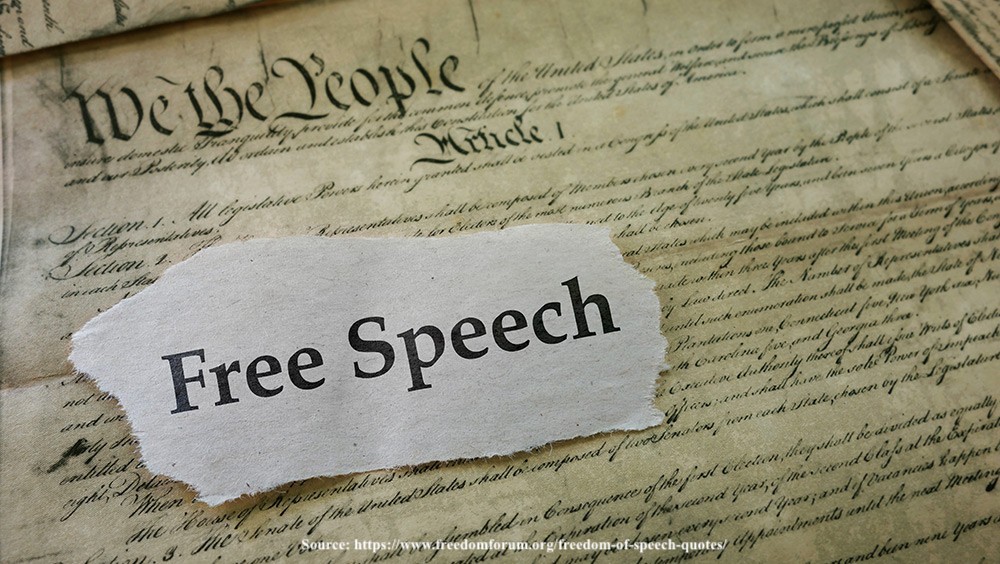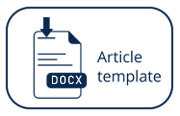On the Case of Locke’s Limit of Free Speech, and Its Justification
Vol. 2 No. 1 (2023)
Regular Research Articles
December 31, 2023

Downloads
Karundeng, M. R. T. . (2023). On the Case of Locke’s Limit of Free Speech, and Its Justification. Hasanuddin Journal of Strategic and International Studies (HJSIS), 2(1), 39-43. https://doi.org/10.20956/hjsis.v2i1.32538
Downloads
Download data is not yet available.
Copyright (c) 2023 Hasanuddin Journal of Strategic and International Studies (HJSIS)

This work is licensed under a Creative Commons Attribution 4.0 International License.
















